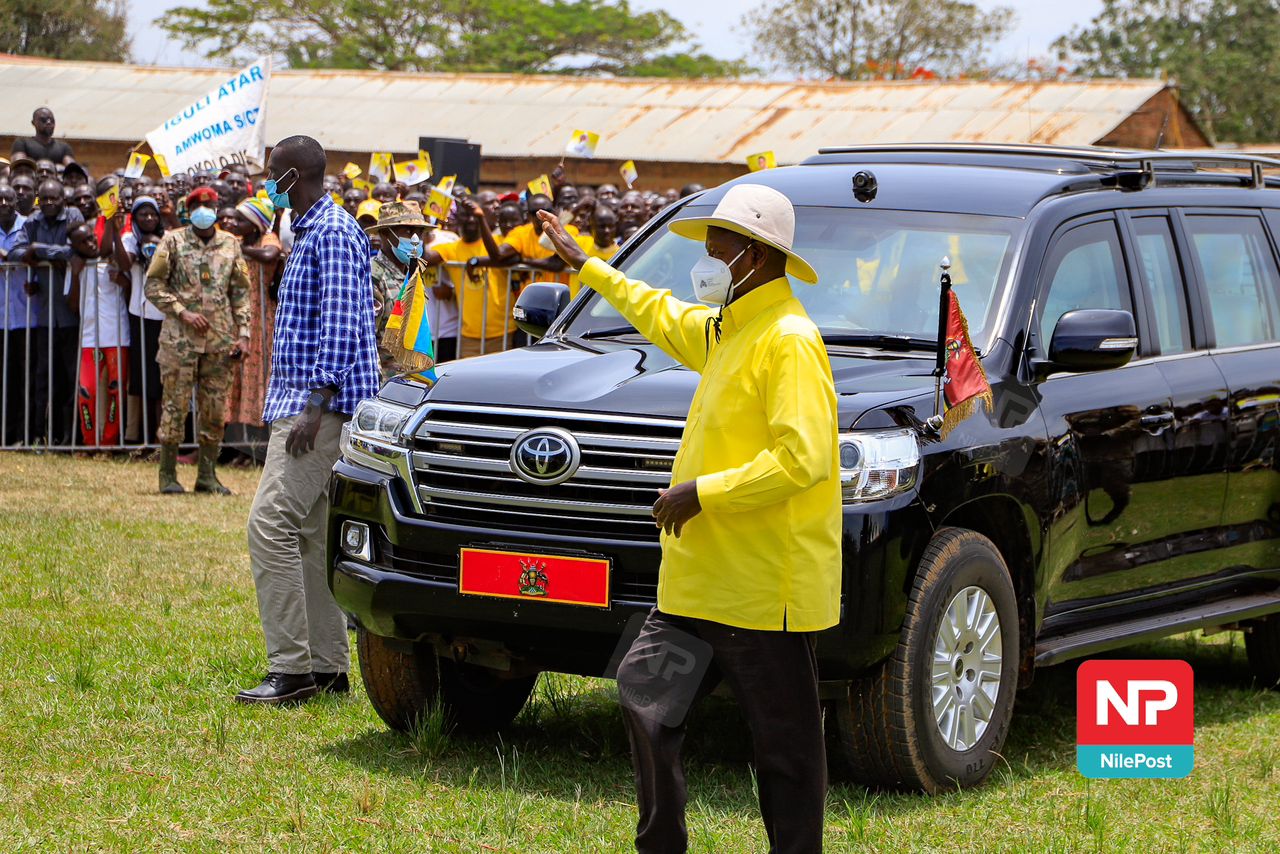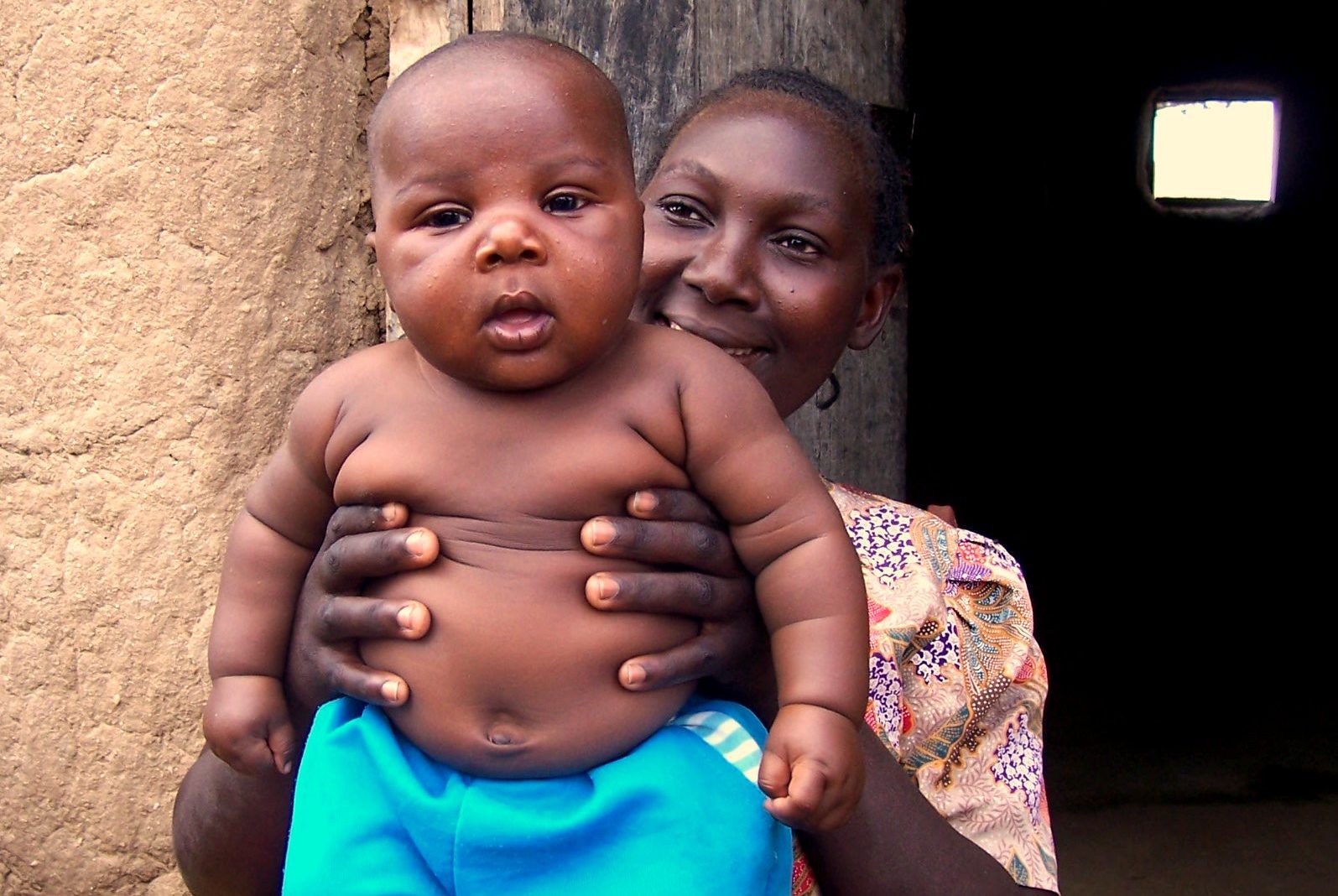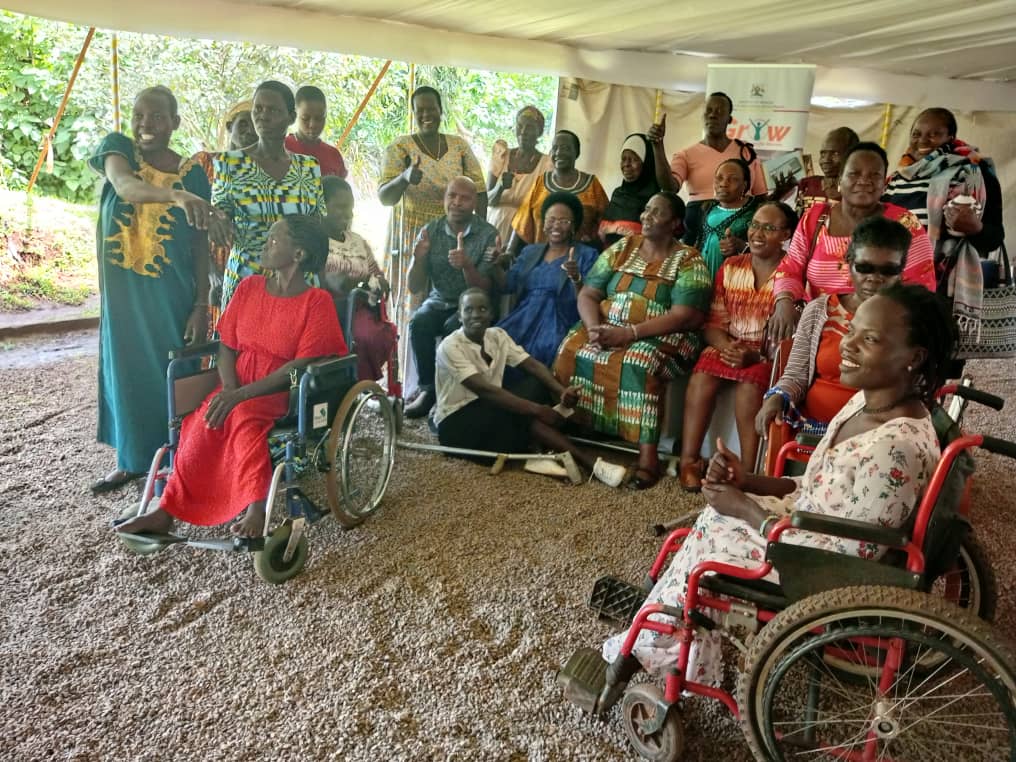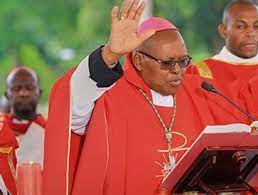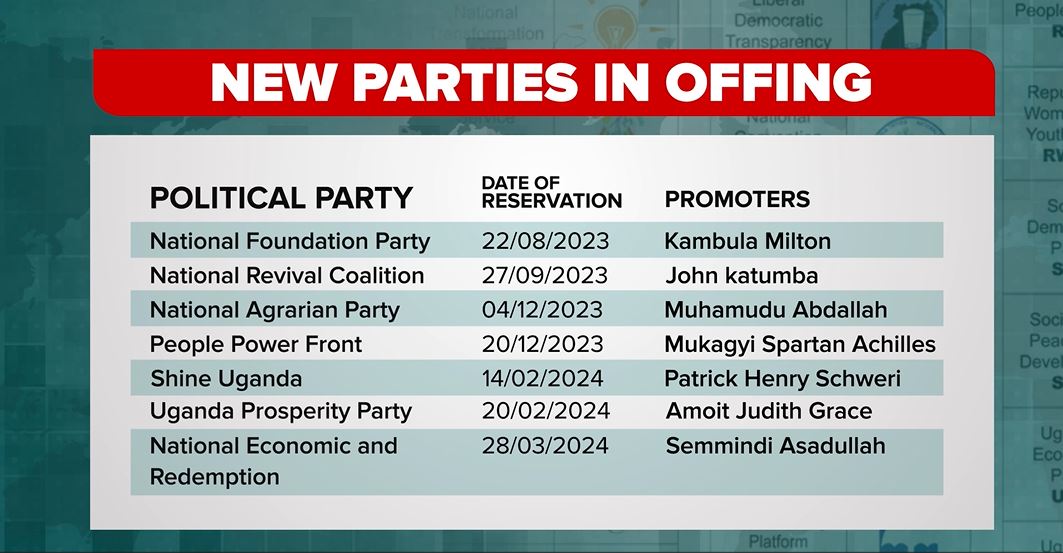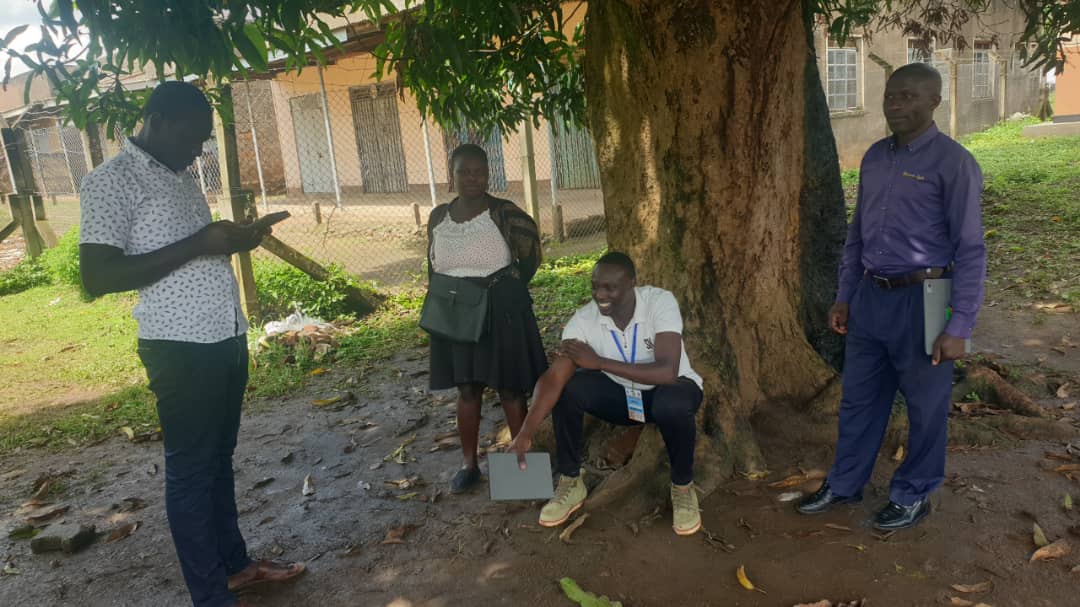The politics of coffee: Why Katikkiro Mayiga is throwing spanner in the works
Sam Mayanja
Keep Reading
The Katikkiro of Buganda Charles Peter Mayiga did not like what he smelt in the National Coffee Bill now before Parliament and expressed his disgust at various public functions.
To him the government had introduced a bill whose effect was to negate the advances made in coffee production as a result of Mengo’s efforts.
For the record, there are approximately 1.7 million coffee growing households in Uganda. Given that the average Ugandan household is 10 people, this translates in about half of the country’s population relying directly for their livelihood on the coffee crop.
Consequently Katikkiro Mayiga’s outburst was hitting directly at the ruling party where it hurts most –its vital rural supporters who are the main growers of the coffee crop.
Internationally Uganda is ranked as a top commonwealth producer of coffee, the largest African producer and seventh world producer. Coffee contributes 30% of Uganda’s total export earnings.
Thus Katikkiro Mayiga’s utterances were not only hurting the ruling party’s grass root support but also at its standing as a world coffee power.
The politics of coffee crop in Uganda is not new.
The crop first introduced around 1901 was enthusiastically taken on by Ugandans.
By 1931 the indigenous population was getting prosperous due to the coffee crop.
This drew the jealousy of the White Coffee growers who embarked on a persistent campaign through their Planters Associations, for State discouragement of African Coffee production.
Their lame argument was that since there was enormous overpopulation of coffee in Brazil, further coffee production by Africans in Uganda should be discouraged.
Of course, the white planters did not succeed but it is ominous that in 1967 a committee of inquiry into the coffee industry recommended that the state should pay a bonus to Robusta Coffee growers as an inducement for them to either uprooting their coffee trees or replace them “by any of the approved agricultural activities” and further that Robusta Coffee growing be outlawed completely.
These negative forces came to naught and coffee production flourished. Political historians will recall that the political legacy of Ben Kiwanuka which has persisted to this day was his action to increase the price of coffee astronomically during his short lived stint first as Chief Minister and then as first Prime Minister of Uganda.
This move transferred wealth from towns to villages. Every house in the coffee growing areas became roofed with corrugated iron sheets.
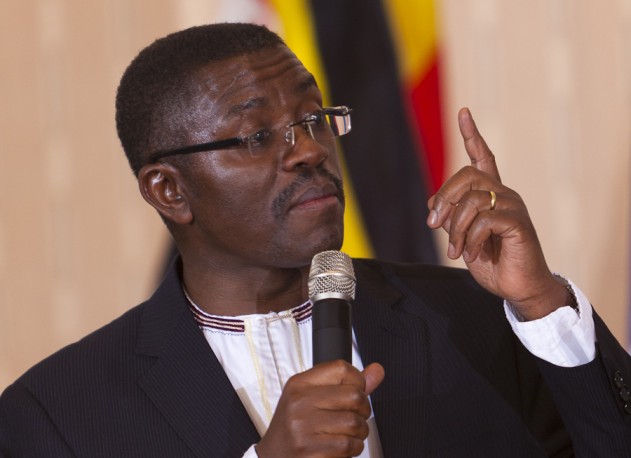 Charles Peter Mayiga
Charles Peter Mayiga
Coffee growers purchased either bicycles, motorcycles, or cars depending on the size of their coffee plantations.
These vehicles came to be known as “mwanyi zabala” (Coffee boom vehicles).
The regime of Idi Amin also reaped political capital out of the coffee crop.
It is a known fact that during that political era, virtually every exportable commodity ground to a halt but coffee trade boomed and remained the only foreign exchange earner for Uganda.
At the time, Brazil, the world’s biggest exporter of coffee experienced frost, most of its crops died, and so Uganda found itself in a period of plenty.
The prices of coffee short up and Idi Amin capitalised on the price increase importing into the country brand new vehicles. Models of Datsun SSS, Tata Lorries, Fiats of various types, flooded the Uganda market.
New structures in form of buildings were constructed including the famous Uganda House in Washington USA.
Ugandans indulged themselves and for a time forgot that a dictator was ruling in their midst.
The Obote II regime had its take at the coffee crop. The crop was too central to the country’s economy to be kept far from the close scrutiny of the regime.
Brig. Oyite Ojok then the Army Chief of Staff and arguably the most powerful individual of the day, was appointed chairman of the Coffee Marketing Board.
This raised the profile of the coffee crop.
When the National Resistance Movement came to power, the coffee industry was in decline.
The co-operative Unions which were buying most of the coffee from the farmers had discouraged the entire coffee growing population due to the practice of not paying cash to the farmers on delivery.
Some farmers had resorted to the extreme measure of cutting down their coffee plantations.
To revamp the coffee industry, President Museveni declared coffee, a strategic commodity whose development had to be accelerated to enhance its production and productivity.
Consequently, the NRM administration put in place comprehensive reforms which began in 1990.
The Coffee Industry was liberalised, and Coffee Marketing Board liquidated.
 The headquarters of the defunct Coffee Marketing Board in Bugolobi
The headquarters of the defunct Coffee Marketing Board in Bugolobi
A regulatory framework was put in place with the Coffee Development Authority as the parastatal overseer.
Due to these reforms, the downward trend in the coffee industry was reversed.
Producers’ share of export prices doubled and coffee growers begun to receive payments for their coffee promptly on delivery.
Producers share of export prices which prior to 1990 was less than 30% shot to 70%.
Entrepreneurial activity increased from the five private export companies originally licensed to 70 in just 4 years.
Furthermore, thousands of small traders entered the coffee trade business in addition to the many increased farmers. As a leap forward, in October 2015, President Museveni issued a directive to accelerate coffee production further from the current 4.5 million 60kg bags to 20 million bags by 2020.
A study was set up to identify the road blocks to be removed in order to implement this vision.
The study identified poor marketing position in the global market, weak regulatory framework, domestic marketing inefficiencies and quality deterioration.
To overcome these roadblocks, the president on 13th April 2018 launched the coffee 2020 roadmap to ensure that Uganda achieves its coffee production target of producing 20 million bags annually by 2025.
Achieving the 2020 Coffee Roadmap definitely requires a new legislation in place to put tools in the government operational machinery to achieve the vision of the 20 million bags annual production.
Given that over half of Uganda households rely for their livelihood on coffee, the astronomic rise in production will definitely lift Uganda to levels far beyond the 1962 Ben Kiwanuka acrobatic coffee price magic.
The National Coffee Bill 2018 is therefore, a noble piece of legislation, rich in innovation, based on informed grounds and guided with a vision of set timelines.
It is still a bill, and still subject to Parliamentary scrutiny and debate before being passed into law. It is in this context that katikkiro Mayiga’s negative impulses were completely uncalled for, oblivious as it was, of the great effort that has been taking place in the coffee industry.
The efforts have led to improving production, expanding the horizons of entrepreneurial imagination in the coffee sector by ordinary Ugandans, alleviating poverty and generally moving the general economic level of the citizens to another level – a higher level.
A traditional ruler is shielded from partisan politics under section 2 (c) of the Institutional of Traditional of Cultural Leaders Act 2011 which includes making statements or comments on bills or motions under consideration by Parliament with a view to influencing their outcome.
Katikkiro Mayiga holds the highest office in the Kiganda cultural institution as holder of the cultural stick (damula) and therefore the defacto cultural voice of the traditional ruler himself.
His utterances carry the weight of the cultural head under whose authority he acts and who under section 17 (1) of the Institution of Tradition or Cultural Leaders Act 2011 is personally liable for any civil wrongs of the katikkiro.
The Katikkiro in this context is therefore a traditional ruler. No amount of hair splitting can shield the Katikkiro from the laws obtaining which govern a traditional or cultural ruler.
The appetite to throw a jab at partisan politics may be too strong as to attempt a fine legal interpretation shielding the katikkiro away from being defined as a cultural leader and therefore free to indulge in partisan politics.
Ancient wisdom has however warned that those whom the gods will destroy, they first give a big appetite.
The National Coffee Bill 2018 is so central to the Presidential drive for wealth creation and is a product of government effort of the last 27 years since 1990.
As such, it is an essential tool of the 2020 coffee vision that Katikkiro Mayiga, throwing a spanner in the works and clearly from an un informed position, was not thought through especially as a section of his audience invariably believes that their cultural leaders word carries with it a magic wand.
The author is a senior partner, Kampala Associated Advocates.
Email: smayanja@kaa.co.ug Website: www.kaa.co.ug



